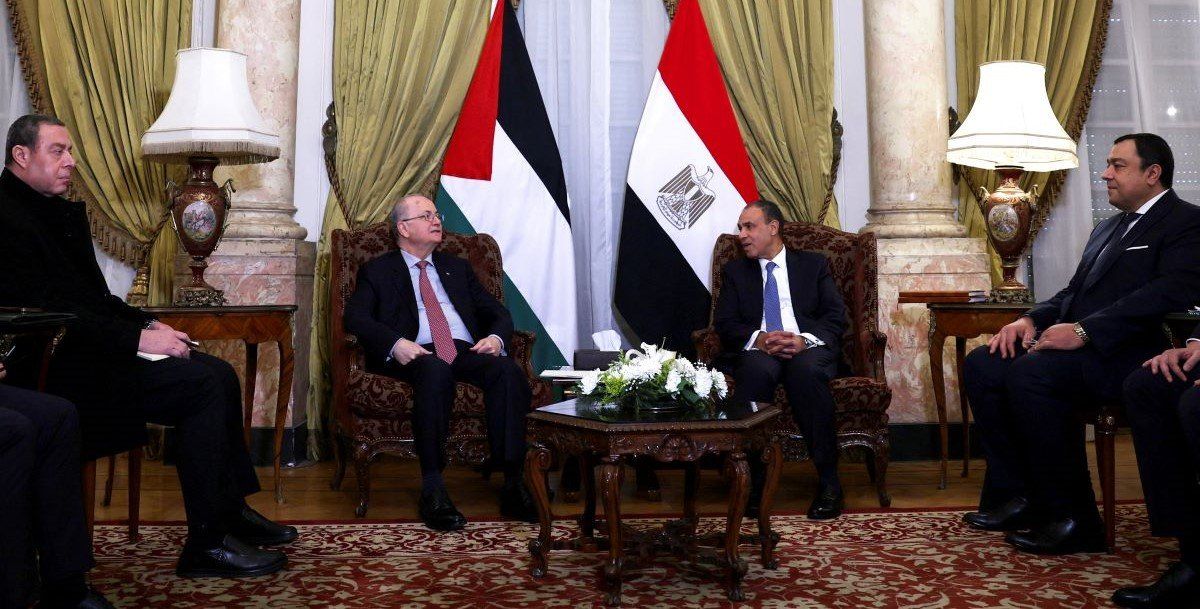Africa
March 04, 2025
Egypt held a summit in Cairo on Tuesday, bringing together Arab states to forge a path forward for Gaza. The host proposed a $53 billion, five-year plan to rebuild the Palestinian enclave, which has been largely destroyed during the 15-month war between Israel and Hamas. The idea was to rally Arab League countries to fund and support the plan as a counterweight to US President Donald Trump’s proposal to turn Gaza into a Mediterranean “Riviera” and forcibly displace Palestinians from the region.
Egyptian President Abdel-Fattah el-Sissi said the new plan was endorsed by Arab League leaders on Tuesday. Attendees are meant to reconvene for further discussion in Egypt next month.
What’s in Egypt’s plan? It calls for keeping Palestinians in Gaza and for an independent Palestinian body — not Hamas — to oversee Gaza during the reconstruction. In the end, there would be housing for 3 million people, as well as an airport, industrial centers, hotels, and other major developments.
But none of this can happen without a sustained ceasefire and a permanent end to conflict in Gaza. Meanwhile, talks about the second phase of the ceasefire have been halted amid disagreements – Israel now wants more hostages released to initiate the next stage of the three-phase ceasefire and is demanding Hamas’s disarmament (a red line for the militant group). The first stage expired Saturday without a clear path forward. In the meantime, Israel has stopped the flow of aid into Gaza, and while the enclave has supplies for now, the stoppage raises concerns about dwindling stockpiles in the weeks ahead.The White House responded to Egypt’s Gaza proposal late Tuesday, saying it did not address the fact that the enclave is uninhabitable and noting that Trump stands by his proposal.
More For You
Tune in on Saturday, February 14th at 12pm ET/6pm CET for the live premiere of our Global Stage from the 2026 Munich Security Conference, where our panel of experts takes aim at the latest global security challenges.
Most Popular
- YouTube
In this Quick Take, Ian Bremmer weighs in on the politicization of the Olympics after comments by Team USA freestyle skier Hunter Hess sparked backlash about patriotism and national representation.
British Prime Minister Keir Starmer delivers a speech at Horntye Park Sports Complex in St Leonards, Britain, February 05, 2026.
Peter Nicholls/Pool via REUTERS
In July 2024, Keir Starmer won the United Kingdom’s election in a landslide. It has been downhill ever since, with Starmer’s premiership sullied by economic stagnation, intraparty fighting, and a lack of vision for the country.
© 2025 GZERO Media. All Rights Reserved | A Eurasia Group media company.
